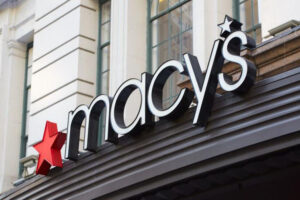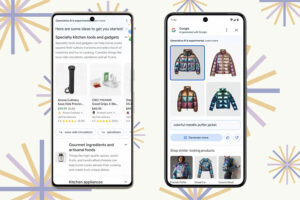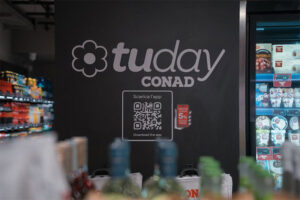Kroger Deal Highlights 3 Reasons Blended Data Is A Must In Retail
Kroger is not the first to realize the significance of sharing such wide-ranging, real-time data. Albertsons entered into a similar agreement w
To find out more about the IRI partnerships, I posed a few questions to IRI’s vice president of public relations, Shelley Hughes. She said Liquid Data enables retailers to track the sales of millions of products at their own stores and others across the U.S. They can then cross-reference these figures with a number of sales variables, including TV viewing by household, gas prices, loyalty card data, local weather and even local flu outbreaks.
So, for example, the data can contrast how well Oreos sell on a sunny Saturday in Seattle compared with a soggy Saturday in Saratoga.
“This precise ‘rest-of-market’ outlook coupled with specific sales variables will enable Kroger and Albertsons to unlock new opportunities and relevant insights,” Hughes said. “For instance, they can overlay this real-time data with in-store displays and Twitter TWTR -0.11% activity to tweak marketing tactics.”
Partner manufacturers can track sales of their products using the same “rest-of-market” outlook. “This will allow retailers and suppliers to move away from manual joint business planning to real-time collaboration,” Hughes said. “Category managers can now work with their key suppliers to boost sales in the future, not just explain how consumers behaved in the past.”
If other retailers do not follow suit and find ways to collaborate with their vendors through shared data, and have quality conversations about joint outcomes, they risk losing relevance with customers in the aisle. Worse, they risk being casualties in the battle for the consumer.
When retailers and vendors have access to the same data, they can customize the shopping experience down to the store level, Hughes said. “Shoppers at Mariano’s in Chicago, Kroger in Indianapolis and Fred Meyer in Portland can all have a different experience that is targeted to their personal wants and needs.”
Kroger’s in-house analytics company, 84.51˚ (formerly DunnhumbyUSA) will continue to collect data as well, Hughes said. Kroger, which co-created DunnhumbyUSA with United Kingdom-based Dunnhumby in 2003, acquired the 50-50 balance of its stake in April. That Kroger is now partnering with IRI in addition indicates that retailers are seeking added interpretations of, and dimensions to, their data.
From Forbes




